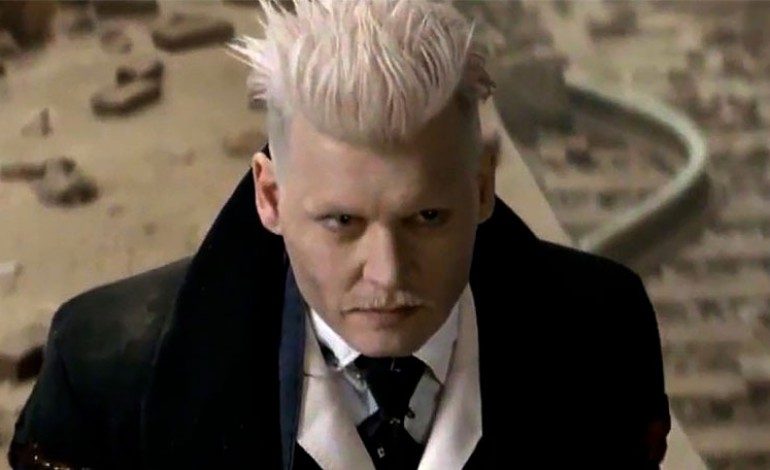

It seems that Johnny Depp will return to the Fantastic Beasts and Where to Find Them franchise. After his brief but plot-sensitive appearance as Gellert Grindelwald (the most notorious evil wizard in history until Voldemort came along), there has been wide discussion on how it will affect the casting, as it seems like the dark wizard will be crucial in the franchise, which will result in five films.
The casting of Depp is more than questionable, and not just for the less important evidence of his fading star in relation to box office draws. With the increasing and well-documented evidence of his abuse towards his ex-wife, actress Amber Heard, questions emerge: why does Hollywood continue to reward someone who has committed violent crimes without any real repentance? What does it say when the person he has hurt works in the same industry as he does, watching as her abuser is continually awarded roles? And what does it say to survivors if perpetrators of abuse are not held accountable for their actions?
Furthermore, the Harry Potter books are often bookended with the often-denied reality of the titular character’s abuse at the hands of his aunt and uncle. While J.K. Rowling used her position as an author of the books as a message on the effects of abuse, it proves particularly troubling that she has spoken out in support of Depp’s casting.
Additionally, the film has the potential to touch on another topic which has been discussed ever since Rowling revealed the fact that Hogwarts headmaster, Albus Dumbledore, is a gay man. Many questioned her decision to directly reveal the information outside of the series, as it was only lightly implied that Dumbledore had romantic feelings for his former friend, Grindelwald.
It is particularly problematic that Rowling was only willing at best to imply his sexuality in the books, causing some to believe that the representation was half-hearted at best, as Dumbledore was not allowed narrative space in the book to actually display any evidence of his identity. This choice left people wondering if this was really representation at all, questioning if Rowling was capitalizing on LGBTQ+ issues without fully devoting herself to the types of people that she was portraying in her books. Others disagreed, praising her for including a gay character in the series. This divisive issue will surely see more discussion, especially because Jude Law will be appearing in the films as Dumbledore himself.
Compounded with the casting of Depp as Grindelwald, this topic now has another layer added to its complexity: what does it say that a known abuser will appear as figure central to LGBTQ+ identity? Upholding Depp’s position in the role will complicate already prescient issues faced by the LGBTQ+ community.
Given these issues, it is important to ask why people continue to cast Depp. What is to be gained from this? And is it worth the problems and hurt that it may create? This discussion is worth having, as the influences of the problems inherent in this casting can have a ripple effect inside and then out of Hollywood. The hurt that these films have the potential to cause is not just theoretical, and it will affect real people.
Despite this, the upcoming film is proceeding according to schedule. With the original Fantastic Beasts film released in November 2016, the next installment will hit theaters on November 18, 2016.
